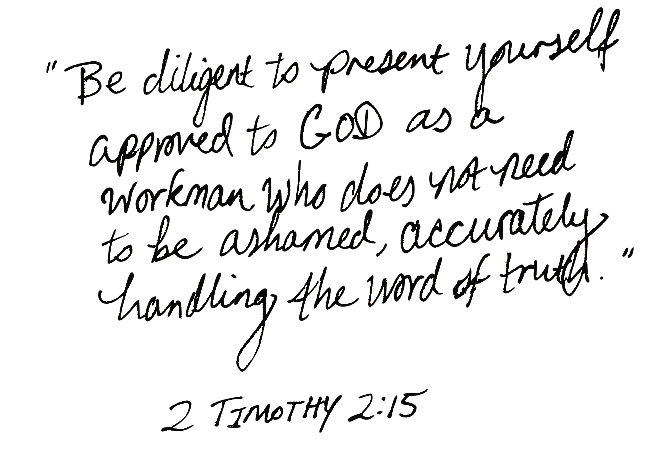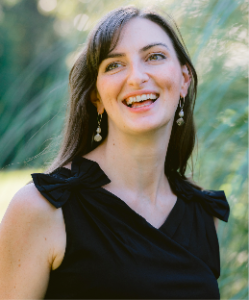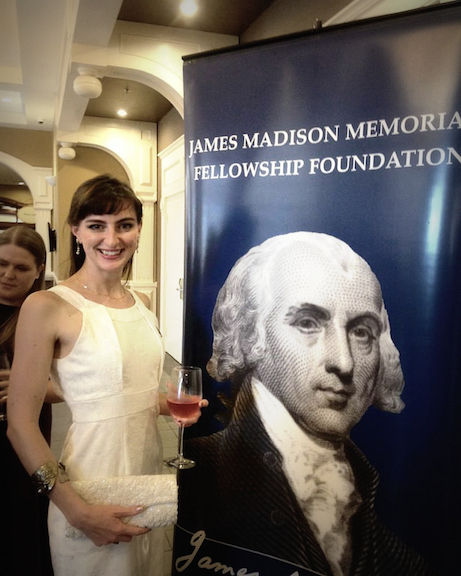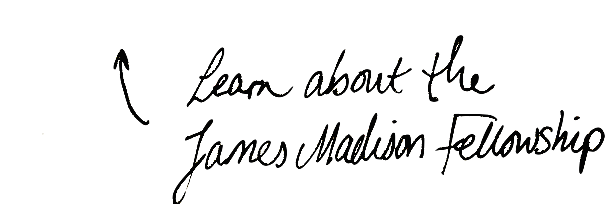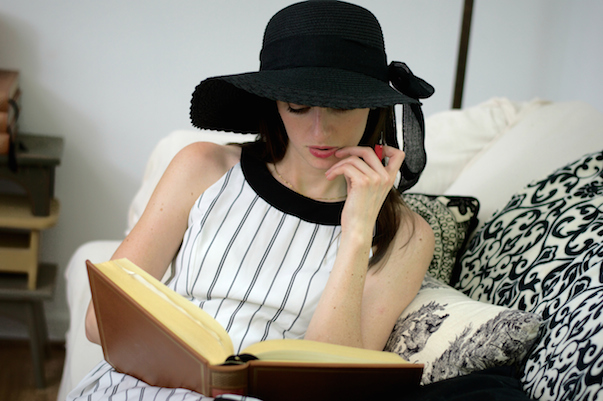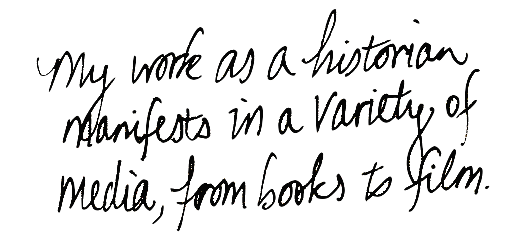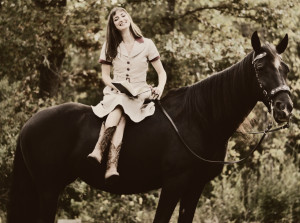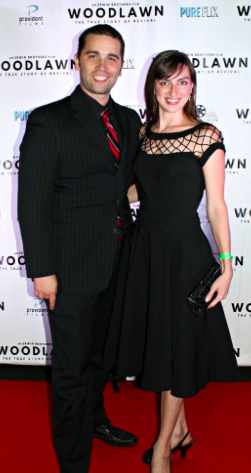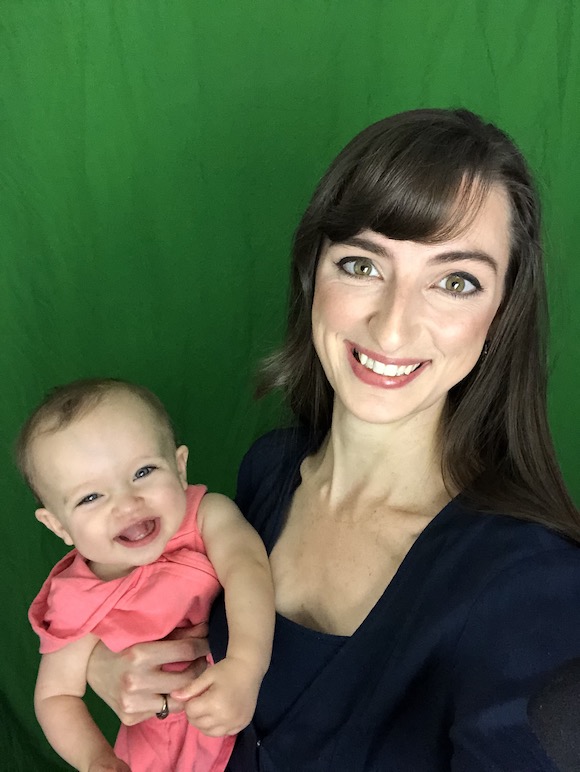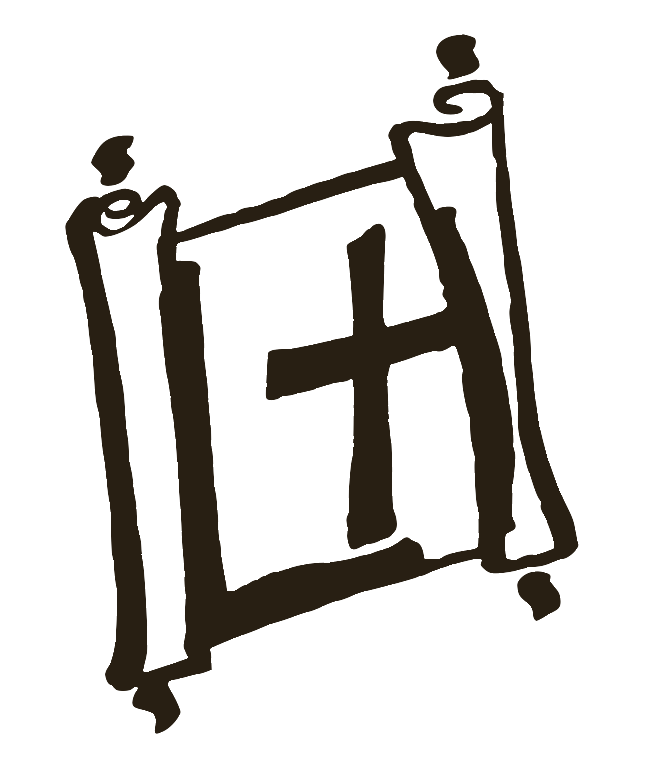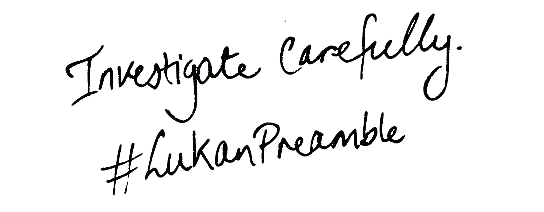
A style of brief, handwritten record keeping was routine during the Founding generation. You’ll find a farm wife describe her chores and a bout of “ague” scrawled in a few words, and Thomas Jefferson (who kept journals for different subjects) record the weather in Philadelphia on July 4, 1776. I like to use the date spaces in my Levenger Circa Daily Planner planner or One Line A Day journal (a gift from my sister Abigail) to record the events of the day instead of scheduling the day (I do scheduling on a separate sheet).
Read more about personal journaling here.
Inspired by Edith Holden’s The Country Diary of an Edwardian Lady, I’ve always enjoyed nature journaling when I can, and I like to combine that with another journaling tradition delightfully described by Stephen Masty at The Imaginative Conservative. It’s called the “commonplace book.”
Unlike keeping a scrapbook with wedding invitations, newspaper clippings and happy-snaps of your nieces, a commonplace book is a scrapbook of ideas, and they have been kept and filled since Classical times. It is, in a sense, the lazy man’s diary written only when inspiration strikes…At negligible cost and just a little effort, Saint Augustine and the Founding Fathers, Old Possum and Russell Kirk and Professor Tolkien, and moderns such as Brad Birzer and others can all reside together in suitably splendid accommodation on your coffee-table, ready to delight and provoke with great ideas both you and your great-grandchildren.
George Washington’s famous Rules of Civility collection was probably written in a commonplace book, and Jefferson’s commonplace book is cited when scholars investigate his worldview. Excerpts from John Adams’ commonplace book can be viewed at the digital archive of the Massachusetts Historical Society.

Thomas Jefferson’s Garden Book (see http://digital.library.upenn.edu/women/sadler/bloom/bloom.html).
I keep a few notebooks in which I write down Bible verses, excerpts of political speeches, professors’ lectures, dialogue from movies (and my own script ideas), song lyrics, funny quotes from friends and siblings, artistic descriptions of locations, etc. with some sketches and paintings here and there. It’s both a release and enrichment for the mind – at any time of the day or night. I intend for this website to serve as a digital commonplace book that promotes critical thinking and chronicles my adventures as a historian, writer, educator, and (for the time being) attempting some measure of self-sufficiency in coastal city life. While the term “commonplace” tends to define the tritely ordinary, I hope that my writing reveals beauty in the “lowly” parts of life, while also making worthwhile knowledge and skills more well-known – or dare I say, more commonplace. 

